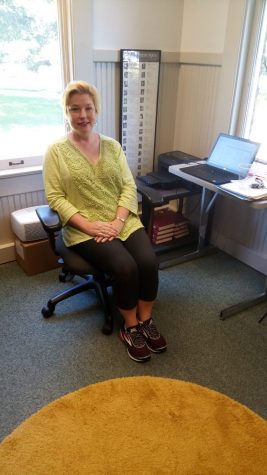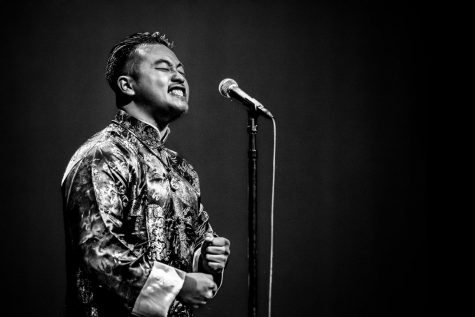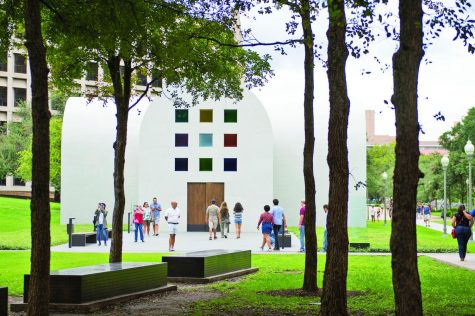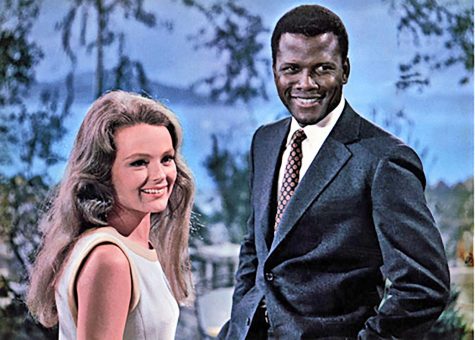Local shop thinks globally
As people walk into Ten Thousand Villages from the bustle of South Congress Avenue on a Saturday afternoon, they are transported from a trendy shopping strip in Austin to a variety of countries around the world.
Some people find themselves plinking wooden instruments from Africa or adorning their ears, wrists and necks with silver and turquoise from Mexico. One woman, carrying potted red flowers, buys blue embroidered cloth napkins from Nepal to complete her set. A young woman finds a brown, yellow and red woven bracelet from Bangladesh.
Although these curious wanderers of the handcrafted world are spending their dollars in Austin, their money is directly stimulating and supporting local economies in towns and villages in more than 30 countries across the globe. That is the mission of Ten Thousand Villages.
Ten Thousand Villages was founded more than 60 years ago by Edna Ruth Byler, who, after seeing poverty in Puerto Rico in 1946, decided to sell handmade crafts from the trunk of her car. With the help from the Mennonite Central Committee, the store is now a non-profit franchise with 155 stores across North America. All revenue is retained within Ten Thousand Villages and used to expand retail services and purchases from artisans. Ten Thousand Villages works with artisans from Third World countries to sell their handmade products at a fair and sustainable price.
The franchise sends out buyers who work as consultants and marketing advisors for artisans to make sure their products will sell in the North American market as well as ensure fair trade practices in the villages. Because each artisan’s situation may be different from another, based on skill level, standards of living and how many people are involved, individual agreements are made. However, all artisans are paid 50 percent up front before their items are sold in stores.
Polly Monear, who trains volunteers at the South Congress store, said that she took the position at Ten Thousand Villages five years ago because of the connection to the arts as well as the global impact. Monear graduated with a bachelor’s degree in painting from the University of Iowa. After spending years in the corporate world, she wanted a change to what she considered a more ethical form of business. The day she decided to look for jobs the Ten Thousand Villages position was posted and, as she said, “it all just fell into place.”
“This is the first nonprofit that I have worked for, and I have been really blown away by how hard people will work for a cause that they believe in,” Monear said. “That’s a daily inspiration.”
One of the volunteers, Lisa Georing, a biology professor at St. Edward’s University, got involved with the store through the Mennonite church. During a semester at Bethel College in Kansas, she studied in Israel and Palestine. She said that her travels to Mexico and Central America has raised her global awareness.
“It’s our duty to help people that need it no matter the situation, whether it’s fair trade or health care or whatever,” Georing said.
“It’s very obvious to me how my volunteering is directly helping people,” Georing said. “There is a very short connection between when I sell a product that these people made with their own hands, I know that that is directly helping them have a better life.”
Georing also draws connections between St. Edward’s, Holy Cross and Ten Thousand Villages.
“There is an emphasis on social justice,” Georing said. “St. Edward’s has this push of wanting students to be globally aware and understand the world that they are apart of and so I think Ten Thousand Villages is a natural fit for that because you have the social justice aspect of which is important to Holy Cross and St. Edward’s and you’ve got this opportunity to learn about people and how Ten Thousand Villages makes a difference.”
Global impact is an important message of Ten Thousand Villages and how it translates through buying fair trade handmade products.
“It’s real easy to feel powerless and get discouraged, so I hope that by coming in here and seeing that they can buy things that don’t represent the exploitation of others, that that gives them some hope and kind of turns a little light on,” Monear said.





